Public relations can be a 24/7 job, especially as technology keeps us tethered to our work even when we’re away from the office. What does work/life balance mean in our field? PRSA New Professionals Mentoring Chair Alyssa Stafford spoke with Judy DeRango Wicks, APR, Fellow PRSA, to get some insight on how to be successful in the balancing act.
What do new professionals need to know about the life of a PR pro?
A career in public relations can be exciting, mentally stimulating and extremely fulfilling. However the first tasks assigned may seem boring – collecting the results of campaigns for reports or awards entries, creating lists of media and influencers, distributing media materials. Soak in everything you can learn, read the plans so you see the “big picture” and remember every tedious step is important – especially the reporting of results! If you maintain a good attitude and speak up with ideas that fit the audience and objectives, you will differentiate yourself and move up. Be the one who “gets it” and “gets it done.”
Remember your manager may be handling multiple crises on any given day, so respect their time in meetings by coming prepared. Build a reputation for being reliable, positive, smart and hard-working. Establish healthy routines – as you get busier, you will need stamina! When you are overwhelmed, take a break. Great ideas can come while you are taking a walk and your brain has time to work on the latest challenge.
Seek out a mentor at work, in your PRSA chapter, or visit PRSA.org and sign up for the Mentor Match which can link you with a member of the College of Fellows. We have all walked in your shoes, and those who have signed up to mentor have a personal interest in helping others successfully navigate a career in public relations.
What does work/life balance mean to you?
When I hear “work/life balance,” I envision a juggling act that is exhilarating when you actually get everything done! Public relations is not 9-to-5, so time management is essential and becomes even more so, believe me, as you move from being a new hire / recent graduate to being a manager / parent. You can move mountains on multiple fronts with sufficient planning and good habits.
How did you progress in your career without burning out?
As my career progressed, travel requirements were added to the mix. During the .com era, I was the girl with the light on over my laptop on the plane all the way to the technology trade show and back. “Zig when others zag” became my mantra – try not to drive or fly when everyone else does, because down-time in peak traffic or searching for a parking place is bad for your health. Schedule flights on Sunday afternoon instead of Monday morning. If you are going to a great city, make after-hours plans with friends who live there, take a break to walk through a museum or cathedral to nourish your soul when the work is done. You’ve earned it and it makes you a more interesting person when you are dining / conversing with executives and media. As an executive, I encouraged my team to enjoy travel and made sure we had fun together, many times with our agency teammates as well, when the mission was accomplished.
Another source of burn-out can be stress about bills and finances. Get into good financial habits early on, such as saving a percentage of every paycheck, establishing a budget, contributing to your 401K, paying bills on time to build a good credit history. Having a nest egg can detract from stress, and give you the freedom to make decisions when it’s time to change jobs.
How have mentors helped you find work/life balance?
One of my early mentors said, “Do the first things first.” Don’t procrastinate on what you know your boss or client is waiting for you to complete. At Ketchum, I took advantage of training classes on how to work with a client, how to prepare for a meeting with a senior executive, how to be a better presenter. Seek out learning opportunities through PRSA including chapter events and webinars. Mid-career, when I seemed to always have my nose to the grindstone and took everything very very seriously, I learned from a client that it’s really OK to go shopping when you are in a Paris and the work is done for the day! Get a life! Live a little!
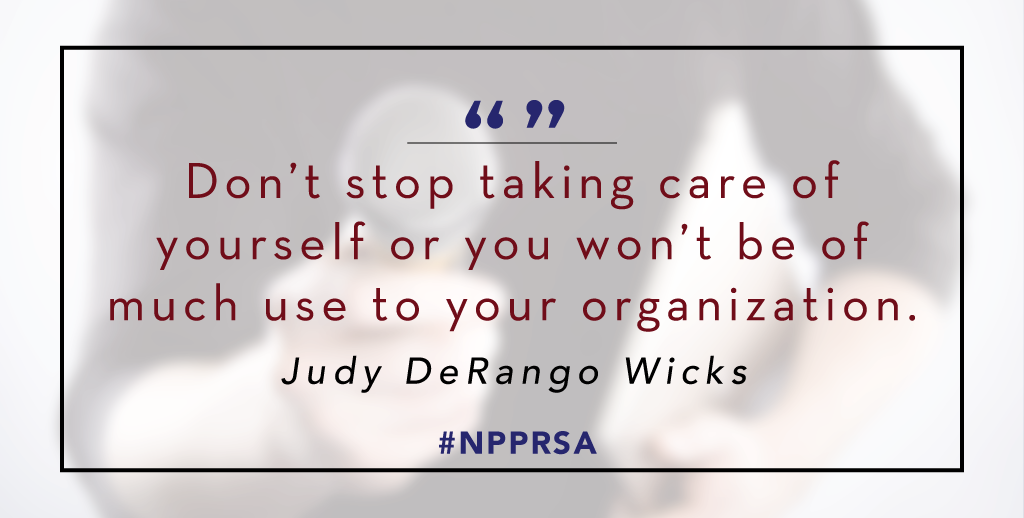
When I was a VP, the CMO actually put into my review that I needed to work on my work / life balance – I was working too hard. And she was right. Don’t stop taking care of yourself or you won’t be of much use to your organization. Later in life, burnout becomes health issues that can take you out of the office for days or weeks. Again, establish good habits as a new professional and you will be able to enjoy your career and survive the most difficult days (which will pass), and fully enjoy the “gift” moments when the story you wanted is appearing in multiple media outlets, and you are now free to enjoy the fabulous city you are visiting with your favorite people!

Judy DeRango Wicks, APR, Fellow PRSA, serves as co-chair of the PRSA College of Fellows mentoring program. She headed Communications for financial technology providers Fiserv and CheckFree, and twice received the PRSA Silver Anvil in Consumer Services/Technology. Before this, she headed the IBM account at Ketchum. She holds an M.A. in Journalism and Communications, University of Florida, and a B.A., Stetson University.

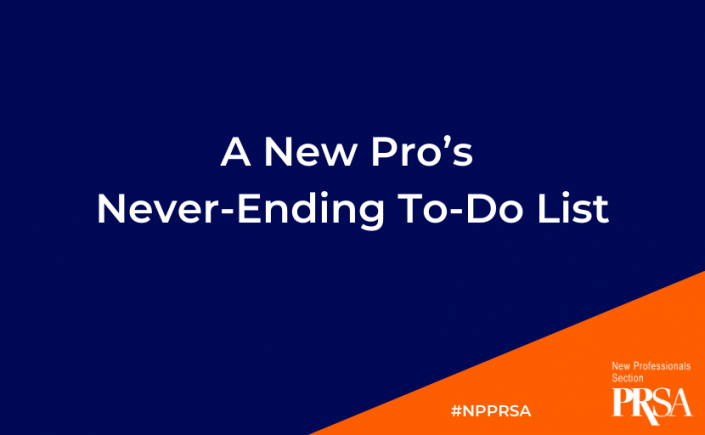


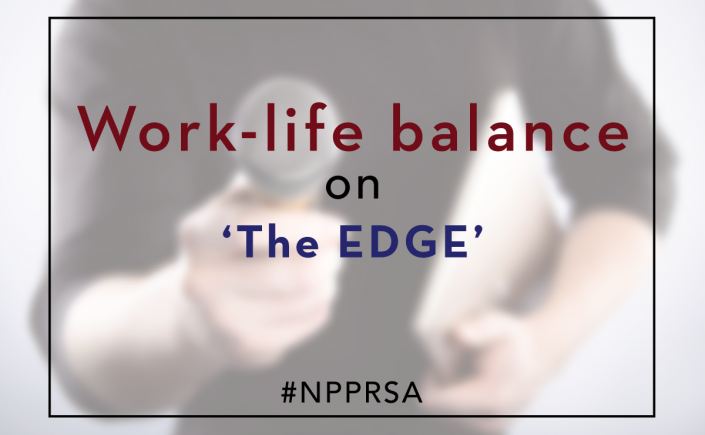


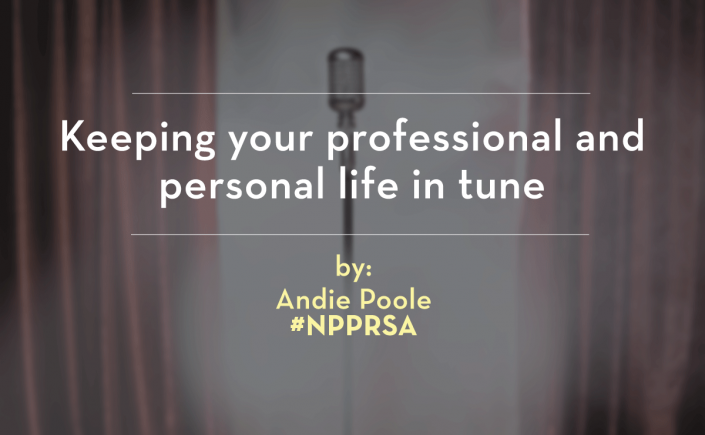


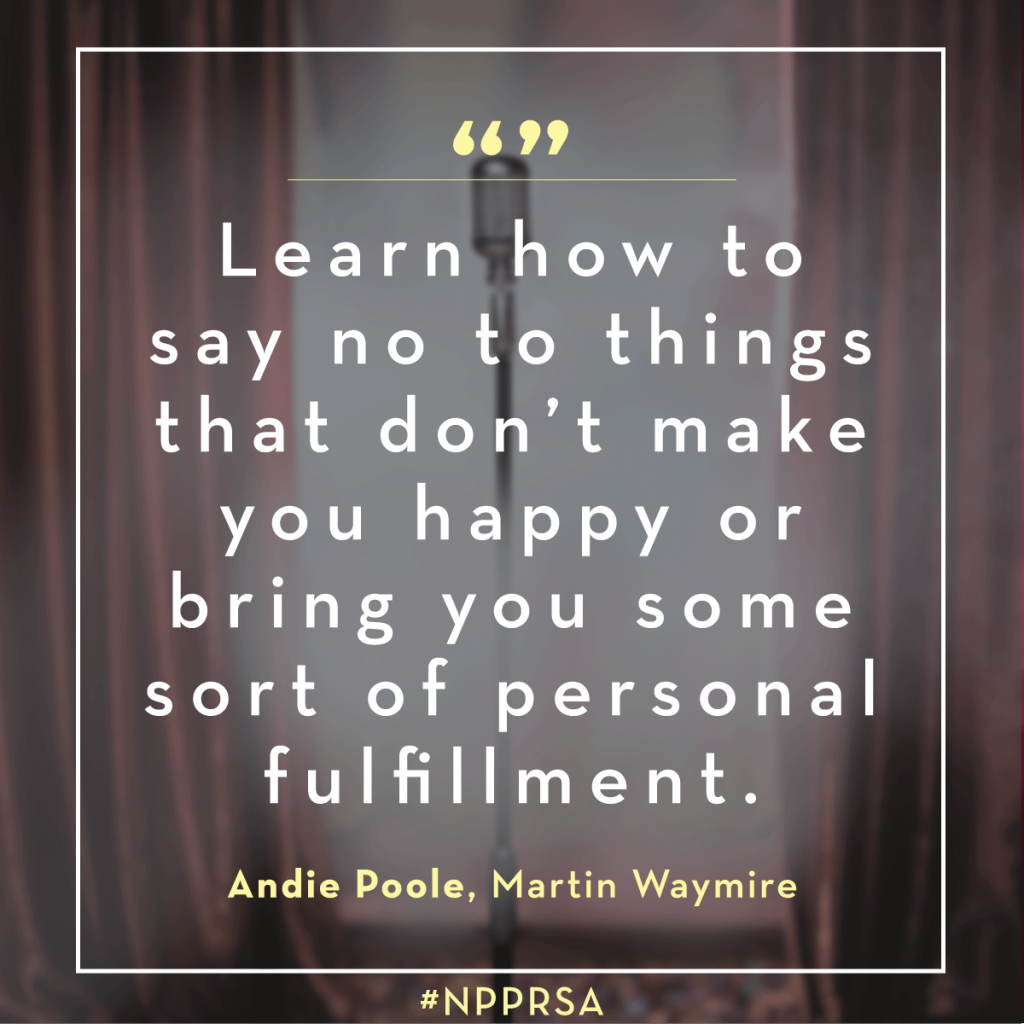

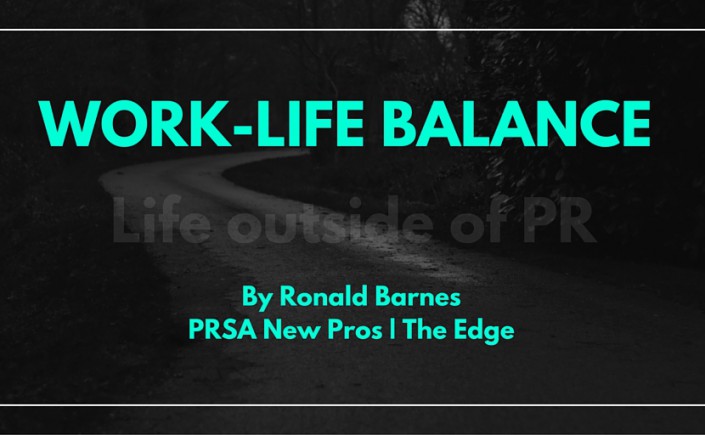
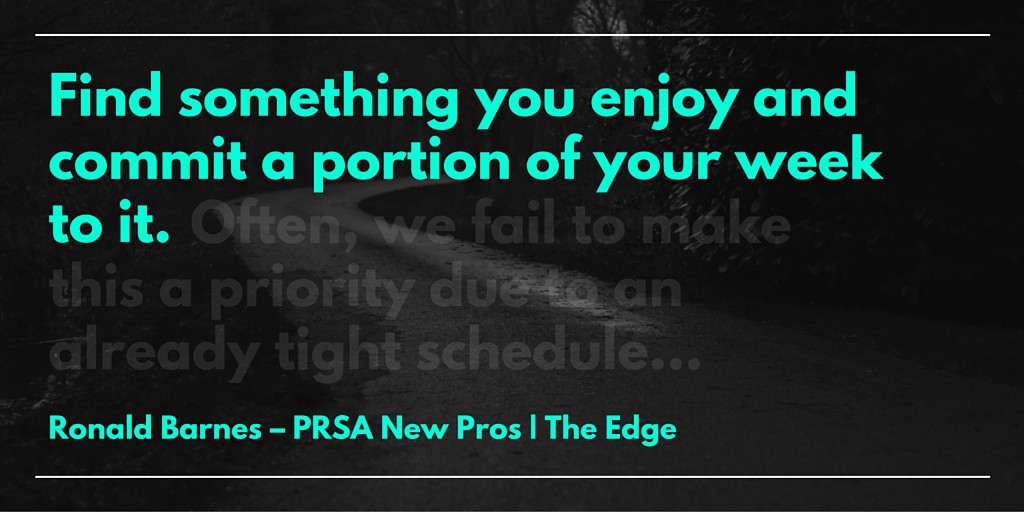 5.) Balance: Find something you enjoy and commit a portion of your week to it. Often, we fail to make this a priority due to an already tight schedule, but creating a window of time for yourself, and sticking to it, can create a more balanced you. For me, I enjoy riding my skateboard a few times a week, as it is the perfect solution to creating that balance we all strive for. Plus, it allows me to be outside and relax. How do you balance your hectic life? If you have any of your own tips for balancing work and family life, we’d love to hear!
5.) Balance: Find something you enjoy and commit a portion of your week to it. Often, we fail to make this a priority due to an already tight schedule, but creating a window of time for yourself, and sticking to it, can create a more balanced you. For me, I enjoy riding my skateboard a few times a week, as it is the perfect solution to creating that balance we all strive for. Plus, it allows me to be outside and relax. How do you balance your hectic life? If you have any of your own tips for balancing work and family life, we’d love to hear!